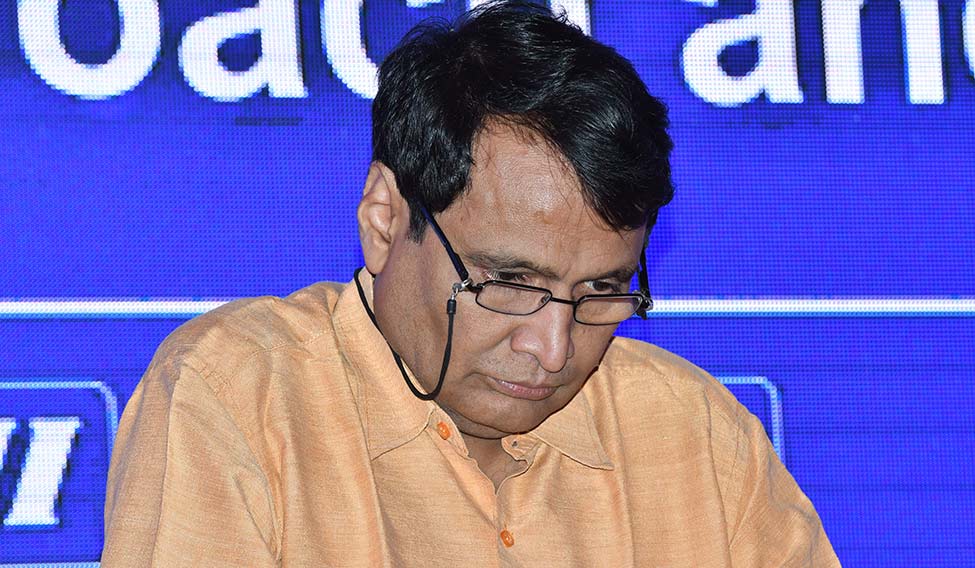Do you think the recent mishap happened because successive governments did not invest in rail safety?
The reasons are being probed, and only after the investigation is over can one identify the nature of the fault.
However, it is not wrong to say that chronic under-investment over many years led to over-stretched infrastructure. Our freight loading has grown by 1,344 per cent, passenger kilometres by 1,642 per cent, route kilometres by 23 per cent and doubling and multiple route lengths by 289 per cent. Therefore, there was an urgent need to boost the capital expenditure to decongest the network. In the past two years, we have been able to increase the capital expenditure by almost 48 per cent and have refrained from announcing new trains which lead to lesser time for maintenance in congested networks.
The recommendations of the Kakodkar and Sam Pitroda committees have been gathering dust for too long. Had they been implemented, such incidents could have been prevented.
That is not true. Out of the 106 recommendations of the Kakodkar Committee, 68 have been fully accepted and 19 have been partially accepted. Besides that we are undertaking many steps to ensure safety of passengers. We have set a target for removing all unmanned broad gauge level crossings by 2020, which was one of the major recommendations of the Kakodkar Committee. We are also implementing the Train Collision Avoidance System and the Train Protection & Warning System.
How do the railways plan to deal with not having enough cash surplus to meet daily operational needs?
It is a fact that the financial health of Railways has been impacted by the Pay Commission and the rather tepid growth of the core sectors of the economy. However, despite our limited resources we have been able to increase the total expenditure on safety related activities from Rs 39,200 crore in 2013-14 to Rs 46,048 crore in 2015-16. This year we have planned to spend Rs 53,727 crore.
You said the guilty will be punished. Do you think fixing individual responsibility is needed?
Yes, in order to bring accountability, individual responsibility will have to be fixed. Two officers and two staff have already been suspended and the DRM transferred. No one found wanting in their duty will be spared. However the objective is not to limit ourselves to these measures but also find solutions to systemic issues. We had announced in the 2015-16 budget that all Integrated Coach Factory coaches would be replaced with Linke Hofmann Busch coaches, which are safer designs. But the transition cannot happen overnight as over 80 per cent of existing rolling stock is of old design.
Two railway ministers had resigned after tragedies in the past. Do you take moral responsibility for the incident?
As head of the organisation, everything that happens in the organisation is my responsibility. However, running away from one’s duty is not the solution. I am committed to finding solutions and ensuring safe travel for each passenger of the Indian Railways.








